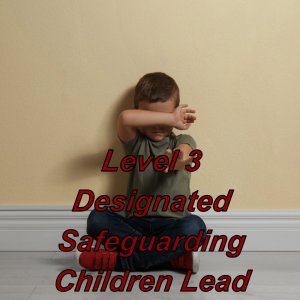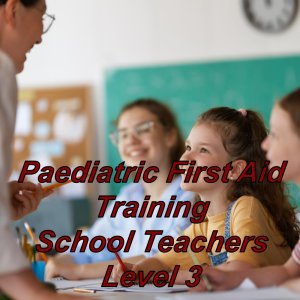Description
Professional chaperones for children & young adults are responsible for ensuring the safety of children within their care. This also includes the well being of that child, but also ensuring that the child conducts the appropriate behaviour while in your care.
This online course is CPD certified and holds a level 2 training certification. Importantly, it was developed in line with the latest UK legislation and can help you meet your chaperone training course requirements.
Chaperone Training Via E-learning, what’s covered?
- Legislation
- Regulatory framework
- Understanding your role as a chaperone
- Gaining the appropriate knowledge and skills
- Documentation and record keeping
- Your working day
- Health and safety requirements for chaperones
- Safeguarding children
- Types of abuse & recognising signs of abuse
- What to do if you are concerned
- Child abuse referral
- What to do if a child makes a disclosure
- Key things to remember
On completion of this e-learning chaperone training course you will be required to complete an online assessment with a pass mark of 80%.
If you do not pass on your first attempt, you do not have to worry, as you can re-take the test as many times as you need with no extra charge.
Course Certification
This online chaperone training teachers course covers many training requirements & learning outcomes and on successful completion of this e-learning programme, you will be able to download, save and print your free chaperone training certificate.
Our CPD certificate can be used to provide evidence for compliance and audit.
Additional Training Available
To help school teachers stay compliant with their safeguarding children training we also offer level 3 safeguarding children training. This is an ideal course to be run along side this chaperone training course. Additional information can be found by following this link to our Online Safeguarding Training Teachers course page.
All of our e-learning courses and programs are accredited by the CPD Certification Service as conforming to universally accepted Continuous Professional Development (CPD) guidelines.






Reviews
There are no reviews yet